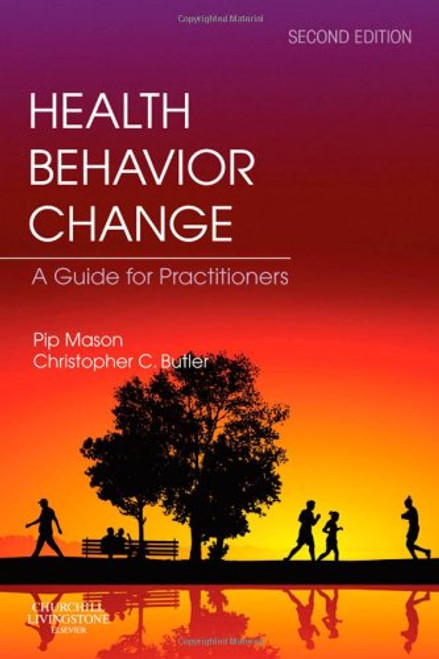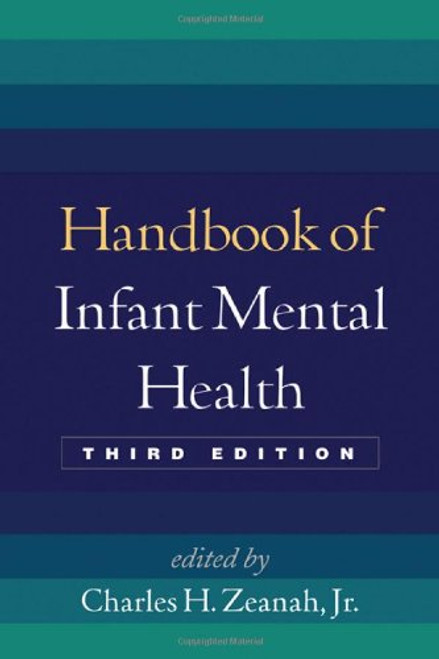This work will be the one that students and clinicans keep on their shelves as the gold-standard reference for health behavior change. Summing Up: Essential
--Choice
The third edition of this handbook provides students and practitioners with the most complete and up-to-date resource on contemporary topics in the field of health behavior change. Score: 95, 4 stars
--Doody's
Praise for the second edition: This handbook sets a standard for conceptually based, empirically validated health behavior change interventions for the prevention and treatment of major diseases. It is an invaluable resource for the field of behavioral medicine as we work toward greater integration of proven health behavior change interventions into evidence-based medical practice.
--Susan J. Curry, PhD, Director, Center for Health Studies, Group Health Cooperative of Puget Sound; Fellow, Society of Behavioral Medicine
Numerous acute and chronic diseases can be prevented simply by maintaining healthy behavioral patterns. This handbook provides practical and authoritative health management information for both health psychologists and primary care physicians whose clients and patients suffer from health-related issues and risks. The text also serves as a useful resource for policy makers and graduate students studying public health or health psychology.
This new edition of The Handbook of Health Behavior Change provides an updated and expanded view of the factors that influence the adoption of healthy behaviors. The contributors also examine the individual, social, and cultural factors that can inhibit or promote health behavior change.
Key Features:
- Reviews of past and current models of health behavior change, disease prevention, disease management, and relapse prevention
- Comprehensive coverage of health-related issues, including dietary needs, tobacco and drug use, safer sexual practices, and stress management
- Analysis of behavior change within specific populations (young, elderly, cognitively impaired, etc.)
- Factors that predict or serve as obstacles to lifestyle change and adherence






